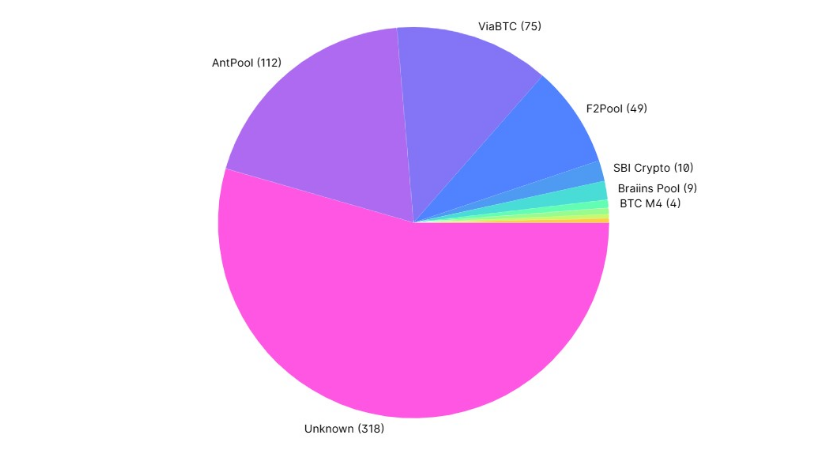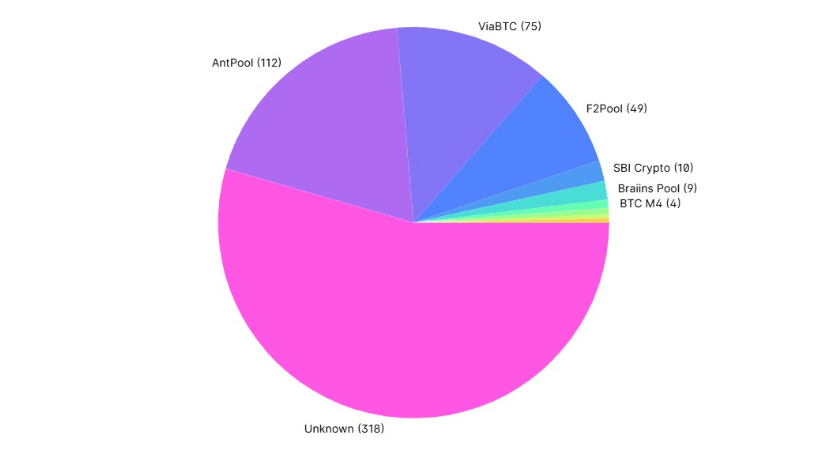
Russia Takes a Hard Stance Against Unauthorized Crypto Mining
Russia is tightening its grip on unauthorized cryptocurrency mining operations, with new regulations proposing severe penalties, including asset seizures and hefty fines. The Ministry of Digital Development, Communications, and Mass Media has drafted the rules, which are now under review by other government agencies. If approved, the crackdown could reshape the country’s crypto landscape.

What the Proposed Rules Entail
The draft legislation aims to penalize individuals and businesses mining cryptocurrencies without proper authorization. Courts would gain the power to confiscate mined coins and impose significant fines on offenders. This move aligns with Russia’s broader efforts to regulate the crypto sector while maintaining control over energy resources—mining operations have previously been criticized for straining the national power grid.
Why Russia Is Targeting Illegal Mining
Cryptocurrency mining has been a contentious issue in Russia due to its high energy consumption and unregulated growth. Authorities argue that unauthorized operations evade taxes and contribute to energy shortages. By enforcing stricter rules, the government hopes to:
- Protect energy infrastructure: Prevent overloads on the power grid caused by unregistered mining farms.
- Increase tax revenue: Bring mining activities into the legal framework to ensure proper taxation.
- Combat illicit finance: Reduce risks of money laundering and other illegal activities tied to anonymous crypto transactions.
Potential Impact on the Crypto Industry
If implemented, these regulations could force many miners to either shut down or seek legal registration. While larger, compliant operations may benefit from reduced competition, smaller miners could face existential threats. The rules may also discourage foreign investors wary of Russia’s tightening crypto policies.
Global Context: Crypto Regulation Trends
Russia’s approach mirrors a global trend of governments increasing oversight on crypto activities. Countries like China have banned mining outright, while others, such as the U.S. and EU, are implementing licensing and reporting requirements. Russia’s move highlights the ongoing struggle between innovation and regulation in the crypto space.
What’s Next for Russian Miners?
With the draft legislation under review, miners operating in Russia should prepare for stricter compliance measures. Legalizing operations, securing energy contracts, and ensuring tax transparency may become essential to avoid penalties. Meanwhile, the broader crypto community will be watching closely to see how these rules influence mining profitability and industry dynamics in the region.
As Russia pushes forward with its regulatory agenda, the balance between fostering innovation and maintaining control remains a key challenge—one that will shape the future of crypto mining in the country.



